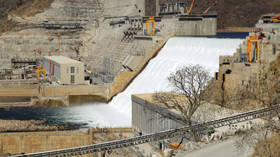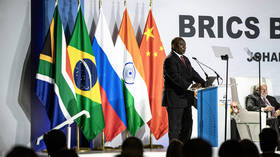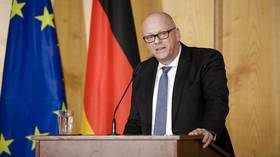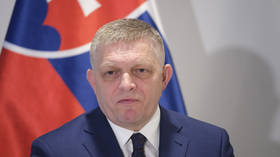Talks over controversial Ethiopian dam resume

Trilateral talks held over the past weekend in the Ethiopian capital of Addis Ababa failed to find a resolution to longstanding disagreements between Ethiopia, Sudan, and Egypt over a gravity dam being constructed on the Blue Nile River. The latter two nations fear the facility will affect their water supply.
The Grand Ethiopian Renaissance Dam, which has been under construction since 2011, has a planned capacity of 5.15 gigawatts, which will make it the largest hydroelectric power plant in Africa once completed. Last February, the dam produced its first electricity, delivering 375 megawatts to the grid per day.
During the talks, Egypt stated that it will approach the meetings in Addis Ababa with the same level of “seriousness and goodwill” as before, according to a statement by Hani Sewilam, the minister for water resources and irrigation.
Sewilam confirmed that Egypt is in search of a “fair and balanced” agreement that will protect its water security and the interests of Ethiopia and Sudan.
The parties engaged in a productive exchange of constructive ideas that aimed to find common ground on the differences that have persisted, Ambassador Seleshi Bekele, the leader of the Ethiopian negotiating team, said on Sunday.
“The two-day tripartite negotiations on the Renaissance Dam have been completed this evening. We have exchanged constructive ideas on various outstanding issues with a view to bridge the differences among the parties. Ethiopia reiterates its commitment to continue negotiating in good faith,” Seleshi said in a statement.
However, Egypt’s Ministry of Irrigation released a statement saying that the latest round of talks about the dam concluded without significant progress.
The three parties have said they hoped to reach an agreement by the end of the year.
Egypt derives 97% of its water from the Blue Nile River, which is one of the main tributaries of the Nile River, where the GERD is located. How the facility will affect downstream water flow into Egypt and Sudan has been the key point of contention.
The negotiations held this past weekend are the first since December 15, 2022, notwithstanding informal talks.
Egypt and Ethiopia recently accepted invitations to join the BRICS group, which could provide a new platform to discuss the issue. It has also been noted by analysts that higher water levels in recent years have meant that floods may have become a greater threat to Egypt and Sudan than droughts.














